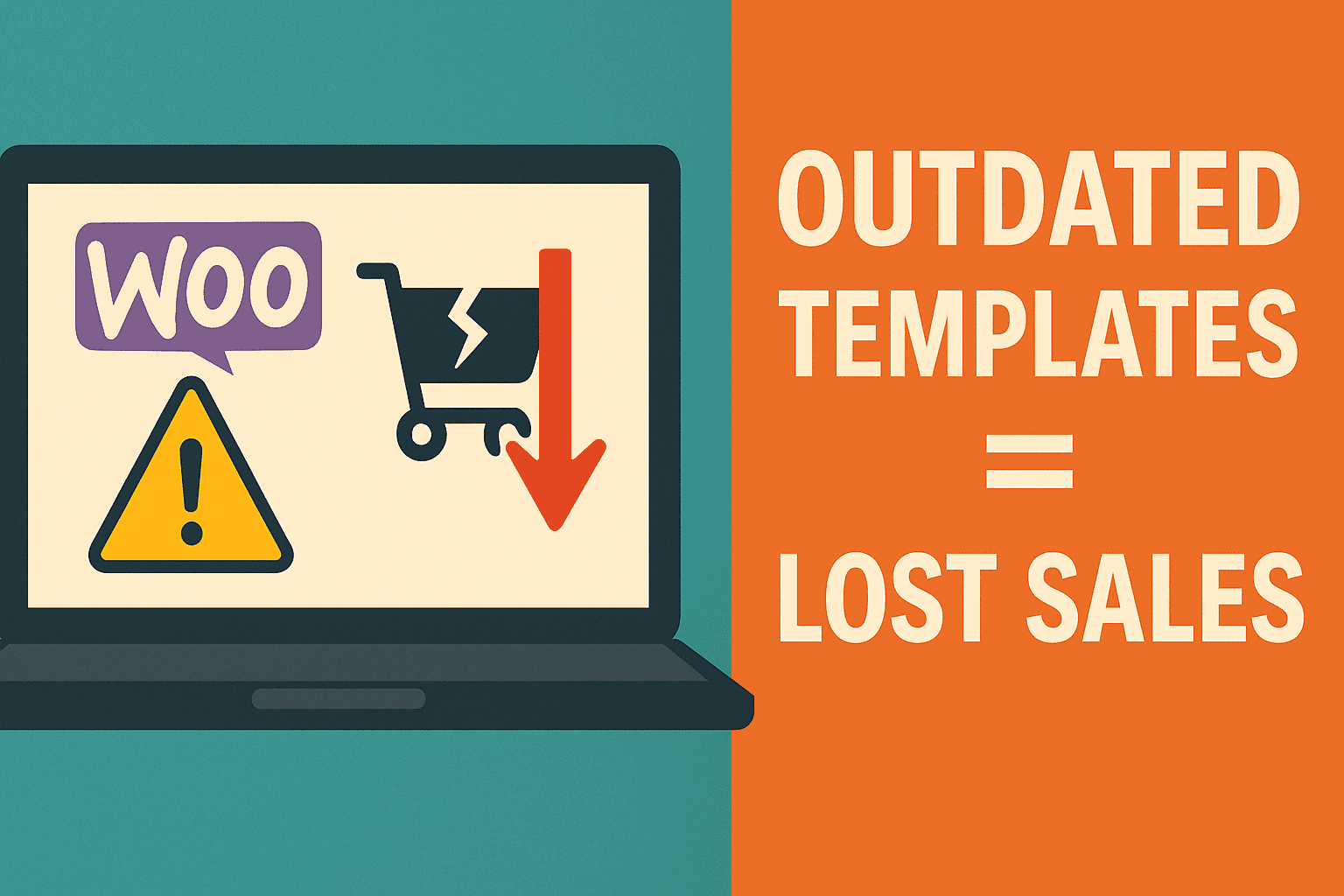
Without regular maintenance tasks, WordPress sites may experience poor performance and security vulnerabilities that compromise their integrity. This can easily be avoided through regularly scheduled upkeep tasks.
Updates
WordPress updates are essential to maintaining the health and security of any website, whether personal or professional. They address issues, optimize performance, prevent hackers from exploiting known bugs in your codebase, and protect against security breaches or data loss that could potentially disrupt operations altogether. When neglected, non-updated WordPress websites run the risk of experiencing security breaches, data loss, or even an outage of their own.
Maintaining your site updates should be relatively safe and straightforward, but to protect yourself in case an update causes it to crash or fail, make a backup before updating, and restore to a previous version in case anything goes amiss during an automatic update process.
As part of updating your website, be sure to review any pending core, plugin and theme updates in your dashboard’s “Updates” section. All available updates will be listed and you can easily install them with just a click.
Theme and plugin updates can be more complex. They often involve adding new features, improving existing functionality, adapting them for compatibility with a major core release of WordPress or patching vulnerabilities or bugs. Therefore it is recommended to update these components regularly – just be sure to thoroughly test each update to ensure compatibility with WordPress’ most up-to-date version before proceeding with an upgrade.
Backups
Backups are one of the cornerstones of successful WordPress website maintenance, protecting against hacks or server crashes by quickly restoring it back to a previous point in time. They also serve to safeguard against human mistakes like accidental deletion of data that’s vital for its operation; with an automated backup service like Backuply available now, taking backup is easier than ever.
As well as performing full backups, it is advised to run regular tests on your backups to make sure they are operating optimally. Backups may become corrupted over time due to storage limitations or plugin compatibility issues; conducting a test restore is an easy way to check that they contain everything needed for restoration.
An often neglected aspect of website maintenance is cleaning your database, which involves clearing away outdated revisions, plugins and themes no longer required by your site. As your database becomes clogged over time with obsolete items it could lead to slow website speeds if regular database cleanups aren’t conducted regularly – regular database cleanups should therefore be run for optimal website performance.
As can be seen, WordPress maintenance involves many essential tasks to keep on top of over time. With an effective plan in place, however, managing your website over time should become much less taxing and stressful.
Security
Websites are an essential element of any business, and maintaining their security is of utmost importance. Without regular care and maintenance, your customers could abandon you, search engines blacklist your website, or hackers gain entry and compromise your system – an ongoing WordPress maintenance plan can help mitigate such risks, keeping your site running smoothly while keeping customers satisfied with its operations.
An effective monthly WordPress maintenance plan should include regular backups, core and plugin updates and security scans to safeguard against security breaches, improve site performance and ensure the website remains online at all times.
Malware scanning should also be part of any WordPress maintenance plan; this allows for early detection and removal of infections that threaten to compromise your website, decreasing risk while simultaneously improving site performance by clearing out unnecessary files and decreasing database overhead.
While there are various tasks that must be completed daily, WordPress maintenance should always be part of that list. Without it, a website could quickly become outdated and have performance issues. By setting a regular maintenance schedule that ensures all essential tasks are accomplished on time, and maximize your website’s reach – with regular updates, security measures and performance optimization measures implemented – your online presence can quickly attract visitors while keeping their interest captivated.
Site Performance
Performance of a WordPress website is one of the key determinants of its success. Through regular updates and maintenance, a site can be optimized to increase speed and functionality – ultimately leading to greater traffic and revenue growth.
As part of site maintenance, regularly clearing your cache can ensure users receive the newest data when they visit. Image optimization also plays a vital role in keeping site load times down by optimizing images to reduce file sizes without compromising quality. Furthermore, broken links need to be fixed immediately due to mistyped URLs, redirections or any other issue; finally it is important to regularly curate inactive user accounts so as to avoid hacking attacks and preserve website security.
Maintaining your WordPress website regularly is crucial to keeping it free from cyber threats, improving performance and keeping content relevant and up-to-date. By performing these tasks regularly, you can rest easy knowing your site is protected against potential risks while continuing to deliver value to clients and grow your business.





